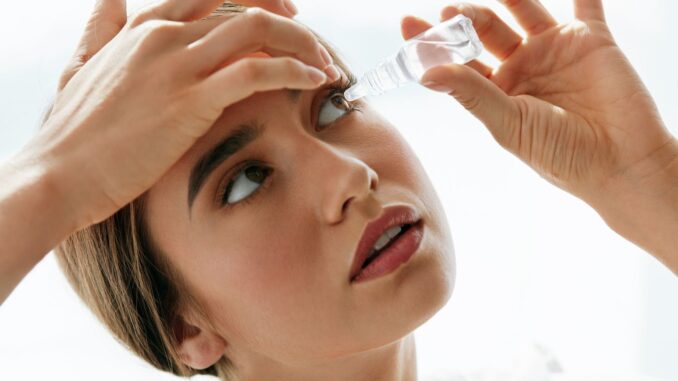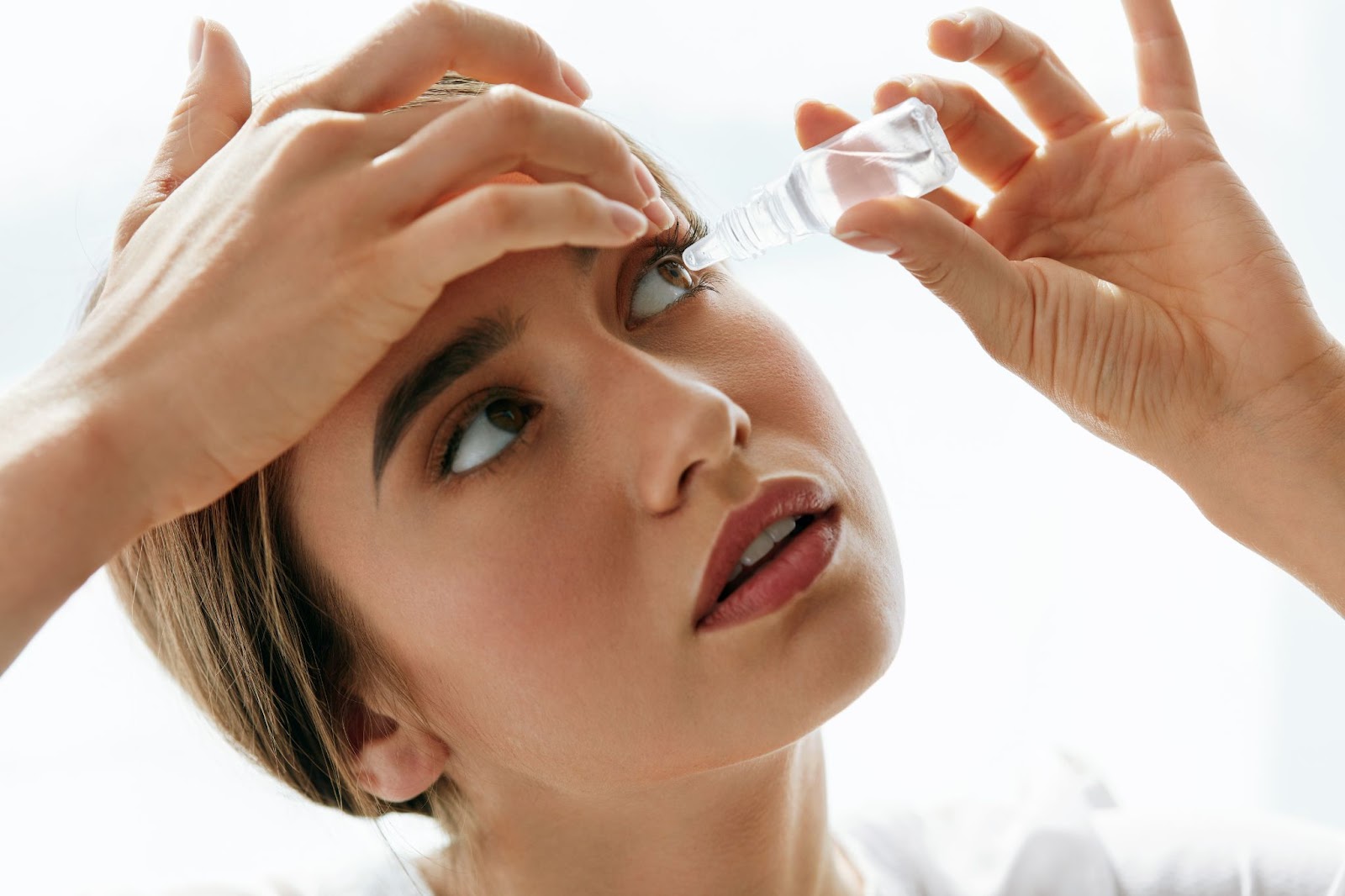
They’re all taking this common treatment…
Unsubscribe | Report as spam | Change email preferences
—-Important Message From Joe Barton—-
Jerusalem’s Mysterious 11 fighting blood sugar problems
Doctors are amazed by this new breakthrough they’re calling Jerusalem’s “Mysterious 11”…
It involves an ancient flower that has the power to fix men’s blood sugar issues…
It’s working by supporting a hidden glucose balancing organ that helps to “autocorrect” a man’s blood sugar quickly…
And you haven’t heard of this hidden glucose balancing organ for a reason that will shock you…
———-
Why many men are 6x more likely to lose their eyesight
Matt Cook here, and glaucoma is a common eye condition causing increased pressure inside the eyeball and problems with vision.
There are many different theories on why glaucoma happens – and there are many different treatments.
But I think that the role of serotonin in glaucoma has been overlooked.
Animal experiments show that serotonin increases eye pressure…
And serotonin-blocking substances, like lisuride and many others, can be effective at decreasing the symptoms.
So it was no surprise to me to find that there is a relationship between serotonin-boosting treatments and the risk of glaucoma.
SSRI antidepressants like Prozac increase serotonin throughout the body.
And they are associated with a massive increased risk of glaucoma.
People taking SSRI antidepressants like Prozac are up to 8 times more likely to have a diagnosis of this eye disease.
The human research was carried out at China Medical University, Taichung, Taiwan. The paper was published in the Journal of Clinical Psychiatry.
SSRI treatments are very widely used – and eye problems are one of the many side effects which have been recorded.
“SSRIs are the most widely used antidepressant ‘treatments’ for treating patients with depression; however, ocular complications have been noted.”
Now, more than 30 years after the release of these treatments, researchers decided to look at the relationship between SSRI use and glaucoma.
“We investigated the relationship between SSRI use and the risk of acute angle-closure glaucoma (AACG) in the ethnic Chinese population.”
The researchers compared over 1,400 hundred people with glaucoma against nearly 6,000 people with healthy eyes.
“1,465 patients with newly diagnosed AACG as case participants and 5,712 persons without glaucoma who were matched according to sex, age, and index year as controls.”
They then split all these people into 2 groups according to whether or not they were being given SSRI treatments.
“SSRI users were defined as patients who received at least 1 Rx for SSRIs within 7 days before the date of AACG diagnosis.”
People who had been given these serotonin-boosting antidepressants were almost 6x more likely to be diagnosed with glaucoma.
“After adjustment for confounding factors the adjusted odds ratio of AACG was 5.80 for immediate SSRI users when compared with nonusers.”
The researchers also found a dose relationship.
Those taking more than 20mg of an SSRI per day were more than 8x more likely to be diagnosed with the eye disorder.
“Further analysis resulted in an adjusted odds ratio of 8.53 for participants with a mean daily SSRI dose exceeding 20 mg.”
There are a whole range of experiments showing that serotonin initiates problems which lead to glaucoma.
And other experiments show that serotonin-blocking or -lowering substances may help to treat the disease.
All of this leads me to the conclusion that this is a causal relationship – that SSRI treatments are leading to an increase in glaucoma.
The researchers called for more awareness about the role of these treatments in glaucoma.
“Patients using SSRIs have a 5.80-fold increased risk of AACG. Clinicians should be aware of the potential AACG risks among elderly patients with depression.”
Coming off of these treatments suddenly can cause some pretty severe side-effects.
You should always speak to your doctor about how to do this if that is your wish.
We should also be aware that these treatments and other serotonin-boosting substances can cause harm to your eye and almost every other part of your body.
The theories about serotonin being a health-boosting substance are entirely incorrect.
Your eyes and the rest of your body would probably do better if you had lower serotonin.
—-Important Message—-
These safe eye drops are keeping away cataracts and enhancing my eyesight
I found these cost-effective, secure drops that are working wonders in fighting off cataracts and maintaining eye health.
My wife, Jodi, is using these drops to ease the strain on her eyes and minimize the fuzziness in her vision.
It’s a total contrast from the discomfort she experienced earlier.
Surprisingly, these incredibly valuable 10-cent drops are not something most doctors know about.
Despite this, these drops have a proven track record and numerous studies showing their benefits.
So, if you’re interested in trying these eye drops and want to share them with those you care about, you have the chance right now…
…because I’m unveiling this secret, plus a ton of others, when you get a complimentary copy of my top-rated book, Healthy to 120, usually priced at $29.95!
———-




